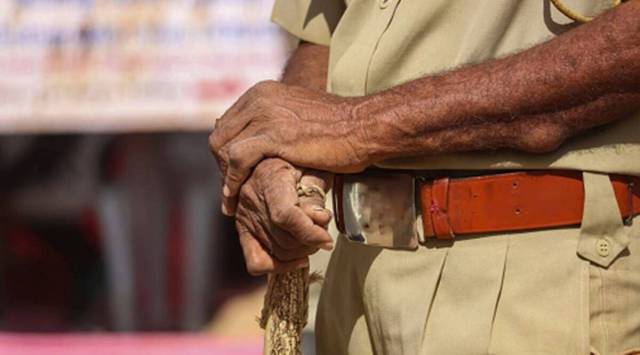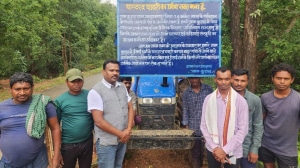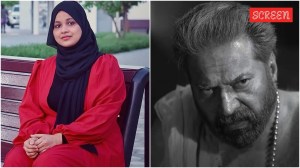Political instability, ‘bias’, IPS officers continue to make a beeline for central deputation
These 21 officers do not include IPS officer Shirish Jain, who had returned from central deputation last month. Sources said that one or two requests of deputation are pending before the Union government and the number could go up.
 "Since the last two-three years, especially during the Maha Vikas Aghadi (MVA) regime, some IPS officers were unhappy with the state of flux and decided to opt for central deputation.” (Representational/File)
"Since the last two-three years, especially during the Maha Vikas Aghadi (MVA) regime, some IPS officers were unhappy with the state of flux and decided to opt for central deputation.” (Representational/File)Earlier this month, Mumbai City DCP N Ambika’s request for central deputation was approved. Headed to the Intelligence Bureau (IB), she is the 21st IPS officer from Maharashtra cadre currently on central deputation.
These 21 officers do not include IPS officer Shirish Jain, who had returned from central deputation last month. Sources said that one or two requests of deputation are pending before the Union government and the number could go up.
According to the 2018 Union government notification, in all, there are 172 senior duty posts in the state eligible for deputation. As per service rules, the maximum number of police personnel who can be sent for deputation from a state is 40 per cent of the total officers, which in case of Maharashtra is 68.
With 21 Maharashtra cadre officers on deputation at the same time, officers said this figure is one of the highest in over a decade-and-a-half. A home department official involved in handling transfers and deputation of IPS officers said that usually, only 11-12 officers from Maharashtra are on central deputation at any given time.
Speaking to The Sunday Express, many IPS officers and home department officials said that political instability in Maharashtra and perceived biases in state postings, especially during the last two-three years, has led to many officers opting for central deputation, which had otherwise become a declining trend over the last decade.
While as per service rules, central deputation is not mandatory, every state is expected to send a certain number of officers to central agencies, comprising CBI, IB, R&AW, NIA and Central Armed Police, which comprises seven forces starting from BSF to CISF.
Sources said that unofficially, if one has not been on central deputation, the officer may not be eligible for the medal of distinguished service that IPS officers get after having served for at least 21 years. “Usually, IPS officers from states that have conflict, political instability or poor infrastructure, tend to gravitate more towards central deputation. In large states, where the infrastructure is good like Maharashtra, people generally prefer postings in the state,” an official said.
The official added, “Earlier, senior officers like the DGP would ensure that young officers go on deputation, as it is good exposure. However, over the last decade-and-a-half in Maharashtra, several officers have managed to avoid central deputation and managed to get plum postings in the state.”
“Since the last two-three years, especially during the Maha Vikas Aghadi (MVA) regime, some IPS officers were unhappy with the state of flux and decided to opt for central deputation.”
Some senior police officers who went on central deputation when the MVA was to power included Maharashtra DGP Subodh Jaiswal, who went to CISF as DG and is currently the CBI director, and Rashmi Shukla, against whom an FIR was registered during the MVA regime.
While the flux during the MVA tenure had caused many officers to consider whether they want to continue in Maharashtra, the Shinde-Fadnavis government taking charge also does not seem to have assuaged the concerns of certain officers.
“The current government, too, has not been able to take decisive steps. The transfer of senior IPS officers, which should have happened in April-May, is pending. Like during the MVA regime, even this government has stayed transfer orders a day after issuing them due to political pressure from allies,”a senior IPS officer said. In some cases, IPS officers have been promoted but are still holding the same positions, the officer added.
An official said, “During the Fadnavis-led government in 2014-2019, he was the only person who took decisions on transfers. Now, with Eknath Shinde as CM, Fadnavis in some cases has to take into consideration his views and those of rebel Shiv Sena MLAs, which has complicated the issue of transfers.”







